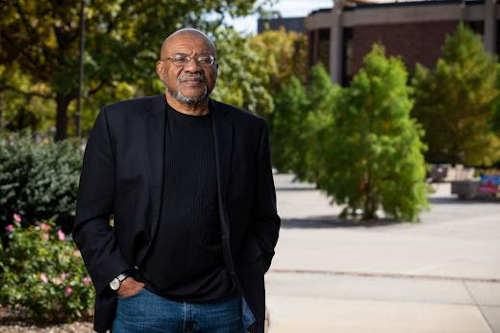- Elizabeth Larson
- Posted On
Movies in the Park features ‘Sing 2’ Aug. 13
The movie will be shown beginning at dusk.
Come early to enjoy an evening in Middletown.
Bring chairs, blankets and a picnic to the park at the library and senior center at 21266 Calistoga Road.
All those attending must abide by California COVID-19 guidelines.








